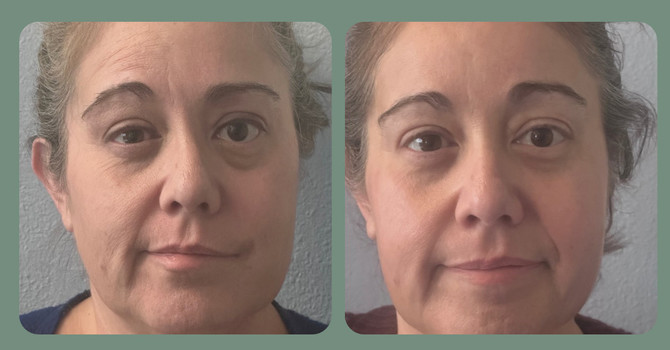
In the realm of traditional Chinese medicine, the Winter season emerges as the epitome of Yin energy—a period symbolizing rest, introspection, and tranquility for both mind and body. The essence of Yin encourages a deliberate slowdown, prompting individuals to embrace a deeper sense of rest that serves as a foundation for the upcoming spring's renewal and growth. During this time, it becomes paramount to replenish one's energy reserves, fostering the strength necessary for the subsequent period of blossoming.
Physically, honoring the winter Yin involves allowing oneself to indulge in more extended periods of sleep. Embracing the natural rhythms of day and night, going to bed early when darkness descends, and affording oneself the luxury of extended slumber prove to be immensely beneficial. Transitioning from vigorous and strenuous workouts to gentler exercises, such as incorporating more yoga and stretching routines, harmonizes with the overarching theme of contraction and warmth that characterizes this season.
Reflecting on the innate tendency of the body to contract inwards for protection and warmth when exposed to cold, one can grasp the essence of Winter. It is a season that beckons individuals to turn inward, finding solace in moments of contemplation and reflection. Introducing meditation and journaling into one's self-care routine becomes particularly opportune during this period, aligning with the natural inclination to hibernate and gather strength, much like the animal kingdom.
Intricately tied to each season in Chinese medicine is a pair of organs, and Winter is associated with the Kidneys. Serving as the custodians of our vital energy, known as Jing or Essence, the Kidneys engage in profound internal work and repair during this season of rest. Honoring this deep work is crucial for overall well-being, as the kidneys also govern the aging process. Thus, embracing deep rest during Winter positively impacts longevity, contributing to a holistic harmony of body, mind, and spirit.
Beyond its organ association, Winter is also linked to the Water element, symbolizing the ability to flow effortlessly. Aligned kidneys foster smooth navigation through life, exhibiting strength, groundedness, and courage. Conversely, imbalance may usher in fear—an emotion intricately tied to the kidneys. Recognizing the presence of fear-based thoughts serves as a cue for self-reflection, urging individuals to align themselves with the season rather than resisting the call for rest and contemplation.
Nutrition, an integral facet of overall health, is seamlessly interwoven with seasonal considerations. Winter calls for hydration, not only through beverages but also via hydrating foods. Dark leafy greens, root vegetables, and dark-colored berries take center stage, providing grounding and warmth. Warming spices like garlic and ginger find their way into hearty soups and stews, complementing the shift towards heartier, cooked foods such as whole grains, legumes, and beans—especially kidney beans. Roasted root vegetables and the inclusion of teas and warm water further support the body's need for sustenance and warmth, discouraging the consumption of cold or iced drinks during this chilly season.
As we immerse ourselves in the profound wisdom of traditional Chinese medicine during the Winter season, we uncover a tapestry of guidance woven into the very fabric of nature. Embracing the Yin energy, we find solace in the quietude, nurturing our bodies and minds for the inevitable resurgence that accompanies spring. The gentle call to deep rest echoes not only in the elongated nights of slumber but in the deliberate choices of nourishment, exercise, and introspection. By aligning with the rhythms of Winter, honoring the kidneys and the flow of Water within, we foster a harmonious existence—where fear gives way to courage, and our beings resonate with the timeless cadence of the seasons. In these winter months, as we hibernate and replenish, we fortify the foundation for a flourishing spring, embodying a holistic balance that echoes through our body, mind, and spirit.
Dr. Ericka Olson
Contact Me

